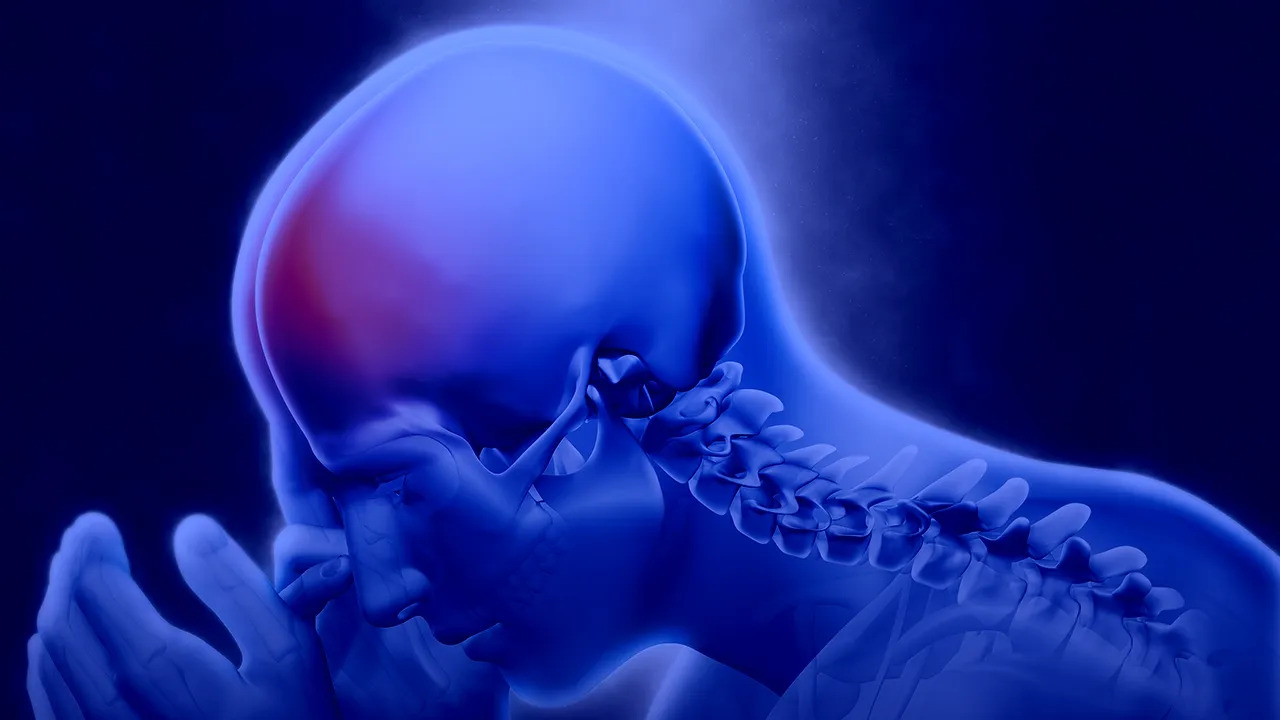
29
Complex Partial Seizures: A Guide for Patients and Caregivers
Introduction:
Complex partial seizures, also known as focal seizures, are a type of seizure that originates in a specific area of the brain. These seizures are characterized by altered consciousness and involuntary movements or behaviors. Various factors, including brain injury, infection, or genetic factors, can cause them.
Causes of Complex Partial Seizures:
Complex partial seizures are caused by abnormal electrical activity in a specific brain area. This abnormal activity can be caused by a variety of factors, including:
• Brain injury: Traumatic brain injury, stroke, or brain tumors can cause complex partial seizures.
• Infection: Infections like meningitis or encephalitis can cause complex partial seizures.
• Genetic factors: Some people may be genetically predisposed to complex partial seizures.
• Structural abnormalities: Structural abnormalities in the brain, such as malformations or lesions, can cause complex partial seizures.
• Metabolic disorders: Metabolic disorders such as hypoglycemia or electrolyte imbalances can cause complex partial seizures.
Symptoms of Complex Partial Seizures:
The symptoms of complex partial seizures can vary depending on the area of the brain where the seizure originates. Some common symptoms include:
• Altered consciousness: During a complex partial seizure, the person may appear confused, dazed, or unaware of their surroundings.
• Involuntary movements: The person may experience involuntary movements such as lip-smacking, chewing, or repetitive hand movements.
• Behavioral changes: People may exhibit unusual behaviors such as wandering, picking at clothing, or repeating phrases.
• Sensory changes: The person may experience sensory changes such as hallucinations, tingling, or numbness.
• Emotional changes: The person may experience emotional changes such as fear, anxiety, or euphoria.
Diagnosis of Complex Partial Seizures:
Diagnosing complex partial seizures can be challenging because the symptoms can be similar to other conditions, such as migraines or psychiatric disorders. Therefore, a thorough medical history and physical examination are essential in diagnosing complex partial seizures. Additional tests may include:
• Electroencephalogram (EEG): An EEG is a test that measures the electrical activity in the brain. It can help identify abnormal activity associated with complex partial seizures.
• Magnetic resonance imaging (MRI): An MRI can help identify structural abnormalities in the brain that may be causing complex partial seizures.
• Blood tests: Blood tests can help identify metabolic disorders that may be causing complex partial seizures.
Treatment of Complex Partial Seizures:
The treatment of complex partial seizures depends on the underlying cause and the severity of the seizures. Some common treatments include:
• Antiepileptic drugs (AEDs): AEDs are medications that can help control seizures. There are many types of AEDs, and the choice of medication will depend on the individual’s specific needs.
• Surgery: In some cases, surgery may be necessary to remove a structural abnormality in the brain, causing complex partial seizures.
• Vagus nerve stimulation (VNS): VNS is a treatment that involves implanting a device that stimulates the vagus nerve in the neck, which can help reduce the frequency and severity of seizures.
• Ketogenic diet: The ketogenic diet is a high-fat, low-carbohydrate diet that effectively reduces seizures in some people with epilepsy.
In Summary:
Complex partial seizures are a type of seizure that originates in a specific area of the brain. Various factors, including brain injury, infection, or genetic factors, can cause them. As a result, the symptoms of complex partial seizures can vary depending on the area of the brain where the seizure originates. Diagnosing complex partial seizures can be challenging, but a thorough medical history, physical examination, and additional tests such as an EEG or MRI can help identify the condition. Treatment options include AEDs, surgery, VNS, and the ketogenic diet. People with complex partial seizures can lead healthy lives with proper treatment.
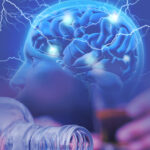

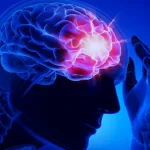
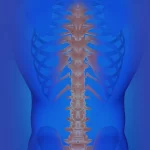
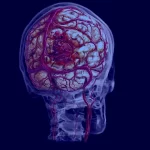
Comments are closed.